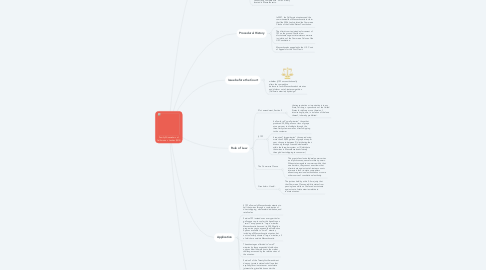
1. Procedural History
1.1. In 2007, the California wineries sued the commonwealth of Massachusetts to claim that [the 2006 Law] violated the Commerce Clause of the United States Constitution.
1.2. The district court enjoined enforcement of 19F on the ground that the law discriminates against interstate commerce in violation of the Commerce Caluse of the US Constitution.
1.3. Massachusetts appealed to the U.S. Court of Appeals for the First Circuit.
2. Facts
2.1. Paties
2.1.1. Family winemakers of Calufornia, Stephen J. Poor, Gerald C. Leader, Plaintiffs, Appellees
2.1.2. Eddie J. Jenkins, in his official capacity as Chairman of the Massachusetts Alcoholic Beverages Control Commission
2.2. What happened
2.2.1. the Massachusetts legislature enacted a new law regulating wineries, which does not distinguish on its face between in-state and out-of-state wineries' eligibility for direct shipping licenses, but instead distinguishes between "small" or "large" wineries through a 30,000 gallon cap.
2.2.2. All wineries producing over 30,000 gallons of wine, all of which are located outside Massachusetts, should choose to between (1) distributing their wines only through licensed wholesalers within the three-tier system or (2) distribute their wines in Massachusetts exclusively through direct shipping to consumber
2.2.3. However, all wineries producing over 30,000 gallon are located out-of-state like Family Winemakers of California, thus they cannot do both sales&marketing routes and cannot fairly compete with "small" winery located in Massachusetts.
3. Issue before the Court
3.1. whether § 19F unconstitutionally alters the competitive balance to favor Massachusetts's wineries and disfavor out-of-state competition (California wineries) by design?
4. Rule of Law
4.1. 21st amendment, Section 2
4.1.1. the transportation or importation into any State, Territory, or possession of the United States for delivery or use therein of intoxicating liquors, in violation of the laws thereof, is hereby prohibited.
4.2. § 19F
4.2.1. It allow for all "small wineries" those that produced 30,000 gallons or less of grape wine per year, to distribute through the three-tier system as well as direct shipping to the customer
4.2.2. It required "large wineries" those producing more than 30,000 gallons of grape wine per year, choose to between (1) distributing their wines only through licensed wholesalers within the three-tier system or (2) distribute their wines in Massachusetts exclusively through direct shipping to consumer)
4.3. The Commerce Clause
4.3.1. This grant of exclusive federal power carries an implicit consequence for states' powers. When states regulate commerce within their own borders, they cannot enact laws that discriminate against out-of-state economic interests in favor in-state competitors absent congressional authorization or some other source of constitutional authority.
4.4. Granholm v. Heald.
4.4.1. The justices held by a thin 5-4 majority that that Commerce Clause prohibits states from passing laws which on the face descriminate against out-of-state wineries relative to in-state winaries.

